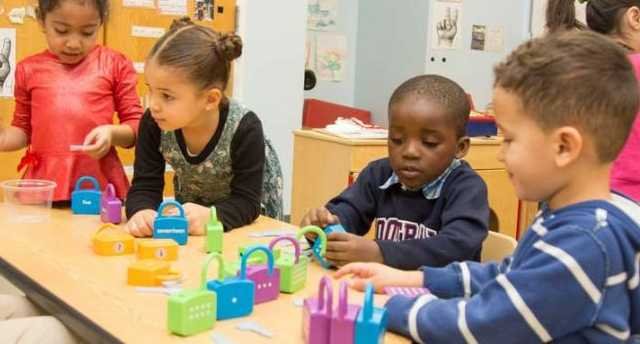What's Deductible in a Family Child Care Business?
Are you a new family child care provider who wonders what you can deduct as a business expense?
Or are you an experienced child care provider who wonders if you are claiming all the business deductions you are allowed?
Family child care is a unique business in which you can deduct hundreds and hundreds of items for your business. No other home-based business can deduct what you can deduct.
Let's look at the general rule about claiming deductions.
You are entitled to deduct all expenses that are "ordinary" and "necessary" for your business. An ordinary expense is one that is "common and accepted" in a family child care business. A necessary expense is one that is "helpful and appropriate" in a family child care business. (See IRS Code Section 162a).
An expense doesn't have to be indispensable for it to be considered "necessary." In other words, you can deduct part of the cost of a dishwasher that is used to wash dishes used by the children, even if you could wash dishes by hand.
Here's a partial list of expenses that could be considered "ordinary" and "necessary" for your business:
Food - Using the standard meal allowance method, you can deduct $1.40 for breakfast, $2.63 for lunch or supper and $.78 for snacks. These amounts are for 2022. You can deduct this without food receipts.
House expenses - property tax, mortgage interest, utilities, house depreciation, house repairs, and house insurance
Furniture/appliances - washer, dryer, refrigerator, microwave, stove, dishwasher, rugs, sofa, tables, beds, chairs, TV, DVD player, lawn furniture, service contracts on furniture and appliances, etc.
Household items - light bulbs, toilet paper, cleaning supplies, paper towels, laundry detergent, doorbell, welcome mat, clocks, etc.
Home improvements/repairs - fence, patio, remodeling, new furnace, garage door opener, new floors, insulation, snow removal service, etc.
Children's supplies/equipment - arts and crafts, toys, playground equipment, floor mats, cribs, curriculum, etc.
Other: food expenses for the children, car expenses (use the standard mileage rate ($.585 for 2022) or the actual expenses method), computers, wages to employees, advertising, etc.
My book, Family Child Care Record Keeping Guide lists over 1,000 allowable deductions!
Whether you can deduct a specific item depends on whether or not you use it in your business. If you use a sewing machine to make items for the children in your program, you can deduct part of its cost. If you don't use your sewing machine in your business, you can't deduct it.
It doesn't matter why or when you bought an item. If you bought a toy for your own child's birthday, but she plays with the toy with the day care children, you can deduct part of the cost. If you started your business in 2022, you can depreciate all of the items you owned in your home before your business began, as long as you do use them in your business this year. (See my article "How to Conduct a Household Inventory to Save Money.")
Consider this: You are running a business that provides a home environment for children to learn. Parents expect you to maintain your home as a home. Therefore, you can deduct the costs associated with maintaining/repairing/cleaning your living room, bathrooms, kitchen, play rooms, storage rooms, garage, and so on. This is what makes your business unique.
Unfortunately, this also means that some tax professionals don't recognize what "ordinary" and "necessary" means in your business. I've seen many situations where child care providers had to educate their tax professional (and sometimes the IRS!) as to what ordinary and necessary means to their business.
Note: This article discusses what you can deduct, but not how much of an item you can deduct. If you use an item 100% for your business, you can deduct all of it. If you use if for both business and personal purposes, you can deduct part of the cost. See my article on the Time-Space Percentage.
In conclusion - Because of this broad definition of what you can deduct, make sure you save receipts for everything associated with your home! It's probably at least partly deductible.
Tom Copeland - www.tomcopelandblog.comImage credit: https://www.bbchildcareri.org/about
For more information, see my book Family Child Care Record Keeping Guide.

